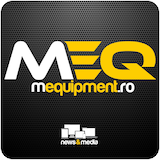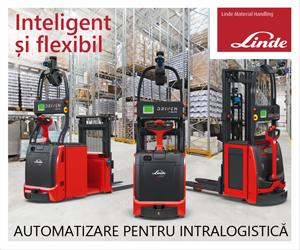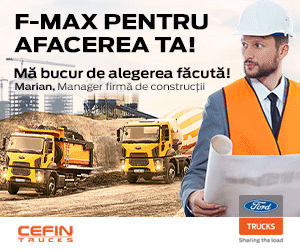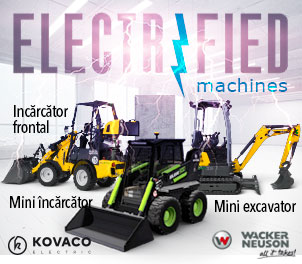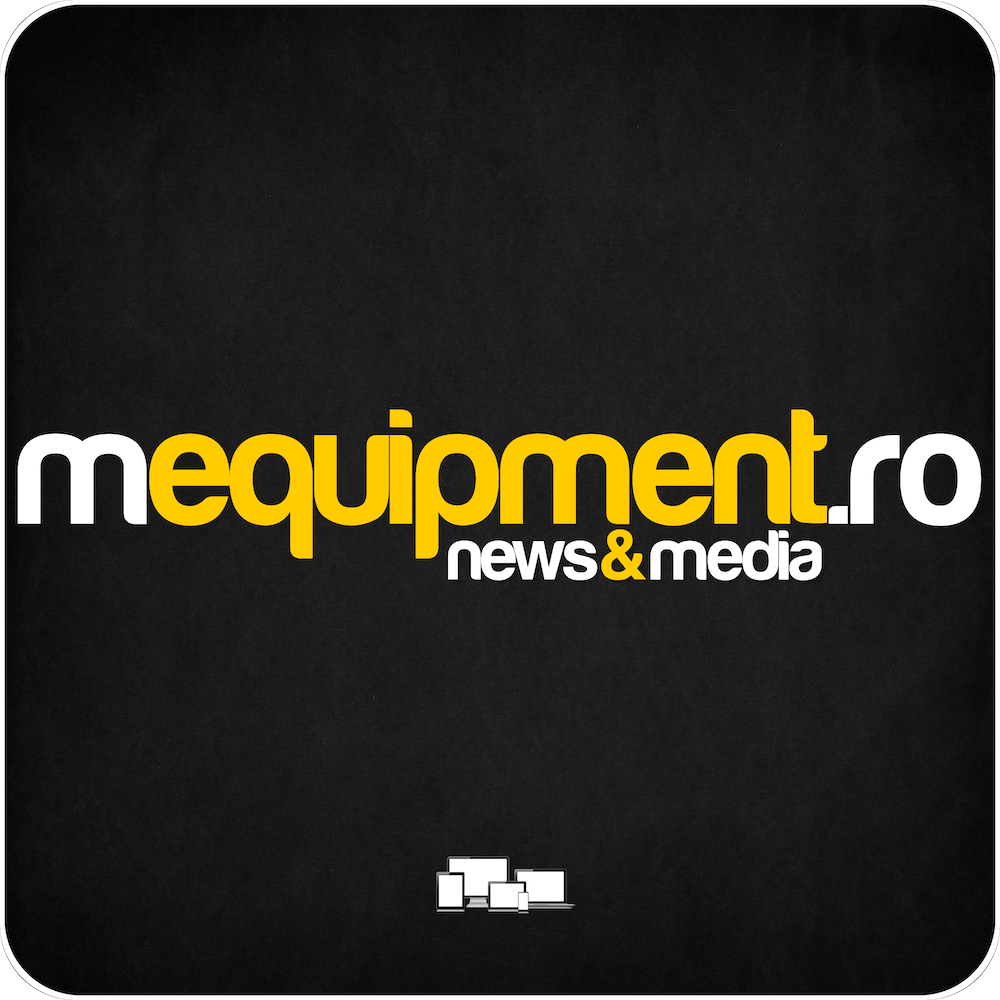STILL presents intelligent energy and sustainability solutions as well as two new product lines
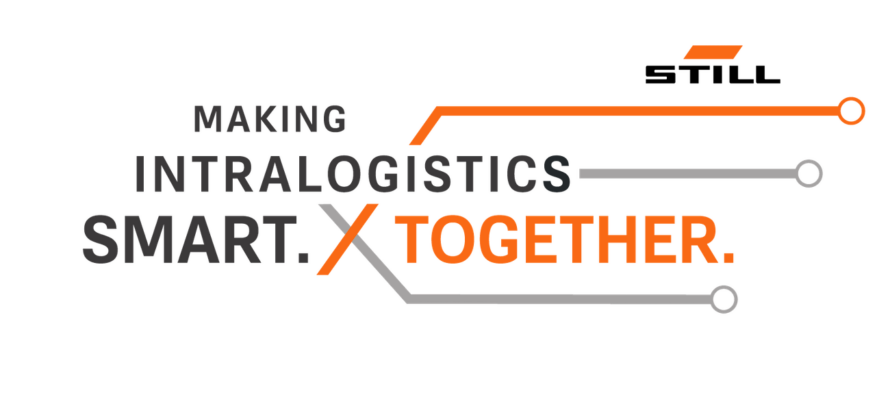
Related Articles
The intralogistics industry needs to keep pace with the rapidly changing markets and customer needs. As the long-standing intralogistics supplier, STILL is ahead of the game with a smart brand orientation, an expanded product portfolio and a focus on customized solutions. Key areas here are automation, alternative energies, circularity, and service.
New: „Xcellence Line“ and „Classic Line”
In the future, STILL will offer two product lines that are tailored precisely to individual customer requirements: the “Xcellence Line” and the “Classic Line”. The Xcellence Line offers the most advanced technology for demanding applications, highly variable and customizable. The centerpiece of this line will be the future RXE series, the next generation of electric forklift trucks. It will gradually replace the existing RX series in all weight classes and, according to STILL, set new standards in energy efficiency and sustainability.
When it comes to energy efficiency, the new RXE 10-16C leads the way. For example, it is possible to run the DIN EN 16796 cycle with the new RXE 10-16C in such a way that energy consumption is up to 17% lower than was possible with its predecessor, the RX 50 – despite the greater vehicle mass. In addition, the range of warehouse technology products is to be expanded.
The Classic Line, on the other hand, offers entry-level solutions with a focus on core functions – standardized, quickly available, and at an attractive price point. With the Classic Line, the Hamburg-based company wants to penetrate target groups and markets in which it has previously played only a minor role. STILL already offers warehouse technology products and IC engine-powered forklift trucks (V trucks) with a C in the abbreviation. This product range is to be successively expanded into a complete product portfolio.
Combating the shortage of skilled workers with automation
In addition to the desire for simpler products and more warehouse technology, STILL is registering a growing demand among its customers for automation solutions that can be implemented quickly and are scalable. This trend is being fuelled by the ongoing shortage of skilled workers, which sometimes impacts intralogistics even more severely than other industries.
Smart automation solutions are designed to help close these gaps. The challenge here is that the existing warehouse structure is often too cramped and therefore not suitable for subsequent automation. STILL aims to remedy this with smart brown-field solutions: self-learning industrial trucks that can cope with unfavourable conditions and a smart separation of horizontal and vertical transports with turtles and AGVs that are suitable for mixed operations.
Modern drive technologies in the portfolio
Another important field of action for STILL is modern drive technology. Over the past decade, all-electric solutions have gradually gained acceptance for forklift trucks of all weight classes, especially as their performance has caught up with or even surpassed that of comparable V-type trucks. STILL refers to its RX 60 electric forklift truck as an example, which experts have already described as a ‘combustion engine killer’.
When it comes to the electric drive, STILL continues to rely on multiple mainstays: Firstly, lithium-ion technology is to be pushed further, among other things with the on-board chargers already available, which allow the trucks to operate without changing batteries at all. In addition, the low-cost and proven lead-acid technology will continue to play its part.
Smart chargers reduce energy costs
The current development in fossil fuels has given another boost to the switch to purely electrically powered fleets. However, more e-trucks also lead to more charging processes. Li-ion technology means that more charging processes can take place at the same time – usually at the change of shift or after the end of work – and there is a risk of expensive power peaks in the plants.
Here, STILL wants to support its customers with intelligent energy management: New smart chargers are designed to help control charging processes intelligently, distribute the load more evenly and thus reduce the peaks. According to STILL, this enables significant savings to be made on electricity costs, with full availability of the trucks.
Launch of in-house fuel cell production
The third and certainly most innovative pillar is fuel cell technology, which STILL sees as having great potential in view of the current crises. After almost 20 years of experience in various fuel cell projects, the company plans to launch its own 24V fuel cell for warehouse trucks next year – produced in Hamburg. This will make STILL the first original equipment manufacturer on the European market with its own fuel cell production. In the future, customers will not only receive the industrial truck, but also the fuel cell and the corresponding service from STILL – all from a single source.
Concept study: The first circular forklift truck
With regard to sustainability, STILL is now observing great momentum within the business community as well as increasingly stringent legal requirements. Suppliers are increasingly being integrated into their clients’ sustainability strategies and are required to provide substantial evidence, such as a positive EcoVadis ranking. STILL also wants to provide a smart answer to this: with a consistent circularity strategy.
This strategy is based on consistent waste avoidance and resource recycling in all areas that have to do with the creation, use and recycling of a STILL product. As part of this strategy, the Hamburg-based company has presented a concept study: According to STILL, the next RXE electric forklift truck is to be the first of its kind to be engineered with a circular approach from the outset – from design through the supply chain to production and finally to use by the customer. The CO2 savings planned in the study are indeed promising and would look as follows at this stage: 15% in the supply chain, 50% in production, 25% in use.
Smart service becomes a central factor in the internal material flow
Ultimately, STILL wants to take a smart approach to service. When you look at the needs of intralogistics customers, it becomes clear that it is about more than just repairs and spare parts; it is about the cost-effectiveness and ecology of the entire material flow. And this can only be optimized with really smart services. Maximum availability. Short downtimes or maintenance times. If possible, only one contact person. Quickly available service technicians. Expert advice on retrofitting – a smart organization of the STILL After Sales Service makes this possible.
